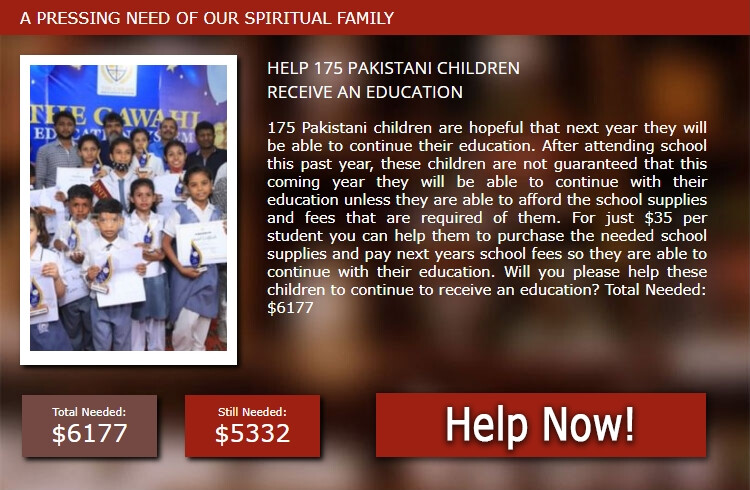Christ’s parables are similes, which are the same as metaphors, but similes always include the word like, as or so. They teach spiritual lessons also by comparing similarities between two things that are essentially dissimilar. That is an important point to remember as we interpret them; otherwise we may make the error of looking for significance in each little detail of every parable. Metaphors and similes always reach a place where the similarities end and the dissimilarities begin. For example, if I say to my wife, “Your eyes are like pools,” I mean that her eyes are blue, deep and inviting. I don’t mean that fish swim in them, that birds land on them, and that they freeze over with ice during the winter.
Let us consider three of Jesus’ parables, all similes, the first being the Parable of the Dragnet:
The kingdom of heaven is like a dragnet cast into the sea, and gathering fish of every kind; and when it was filled, they drew it up on the beach; and they sat down, and gathered the good fish into containers, but the bad they threw away. So it will be at the end of the age; the angels shall come forth, and take out the wicked from among the righteous, and will cast them into the furnace of fire; there shall be weeping and gnashing of teeth (Matt. 13:47-50).
Are the kingdom of heaven and a dragnet basically the same? Absolutely not! They are very much different. But there are a few similarities. Just as fish are judged and separated into two categories, desirable and undesirable, when they are pulled from a dragnet, so it will be in God’s kingdom. One day the wicked and the righteous, who are currently living together, will be separated. But that is where the similarities end. Fish swim; people walk. Fishermen separate fish. Angels will separate the wicked from the righteous. Fish are judged by how good they taste after they are cooked. People are judged by their obedience or disobedience to God. Good fish are put into containers and bad fish are thrown away. Righteous people inherit God’s kingdom and wicked people are cast into hell.
This parable is a perfect example of how every metaphor and simile is ultimately an imperfect comparison because the things being compared are basically dissimilar. We don’t want to go beyond the intention of the speaker, assuming that dissimilarities are actually similarities. For example, we all know that “good fish” actually end of being cooked in fire, and “bad fish” go back into the water to swim another day. Jesus didn’t mention that! It would have worked against His purpose.
This particular parable does not teach, regardless of what anyone says, a strategy of “dragnet evangelism,” where we try to drag everyone into the church, good and bad, whether they want to come or not! This parable does not teach that the beach is the best place to witness. This parable does not prove that the rapture of the church occurs at the end of the tribulation period. This parable does not teach that our salvation is purely God’s sovereign choice, since the chosen fish in the parable had nothing to do with the reason for their selection! (I actually heard a young pastor teach this very thing once.) Don’t force unwarranted significance into Jesus’ parables!

